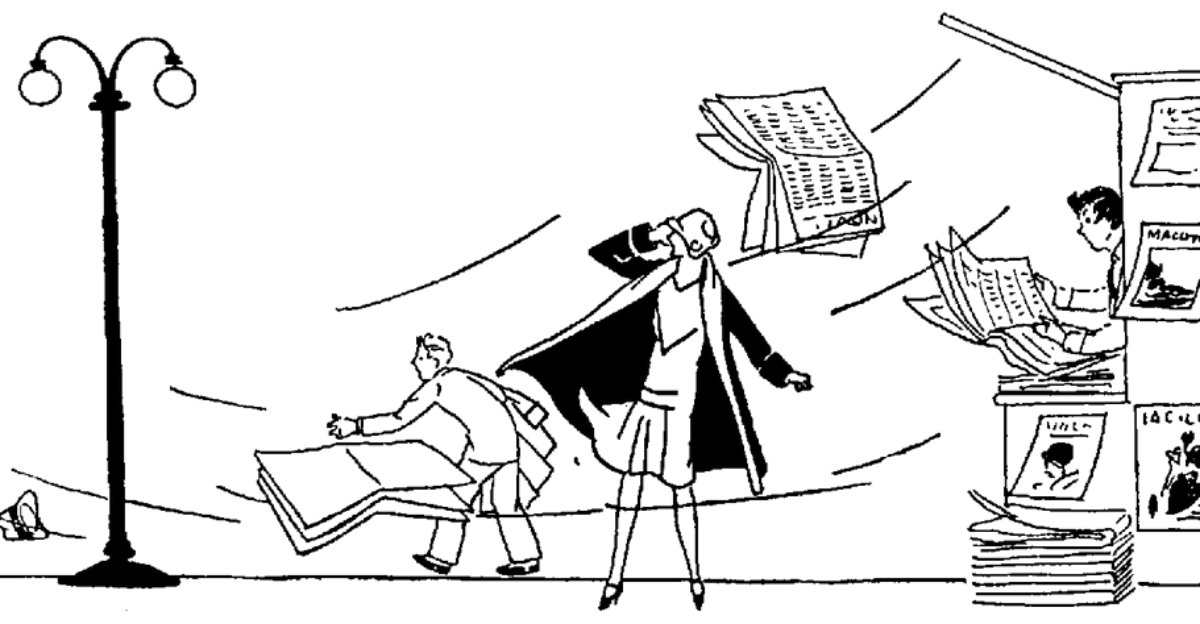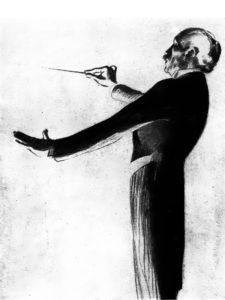WORDS THAT WE USE CONSTANTLY DESERVE TO LOOKED AT MORE CAREFULLY.
I suspect that the word “share” is one of the most used words on the Internet.
What does it mean — and not mean? What do I do when I “share”?
I send a link to a friend or acquaintance, I post an article or picture in a newsgroup or Facebook.
How is that sharing, and not just sending, forwarding or showing?
These questions are useful if the word is to have a substantial meaning, or, if we are to use it with reflection and not just as a cloud-engendering pop euphemism.
I can share dinner with you if we sit at the same table. Sharing a picture of my dinner with you is showing you my dinner.

It is shown, not really shared. (And considering this particular dinner, you might be glad it isn’t .-)
We can really only share things and experiences IRL (“in real life”), at a short distance, with folks who are physically close to us. That doesn’t mean that sending, forwarding or showing has no value. That would be limiting.
But they ARE something different.
I am showing very many things to the world currently, and sharing very few. I wish it were the other way around. Ah well, at least I am not fooling myself into believing that I share when I show, and then wonder why my “sharing” gives so little IRL satisfaction.
What say Queen?
Looking forward to the song “The real sharing must go on”.





